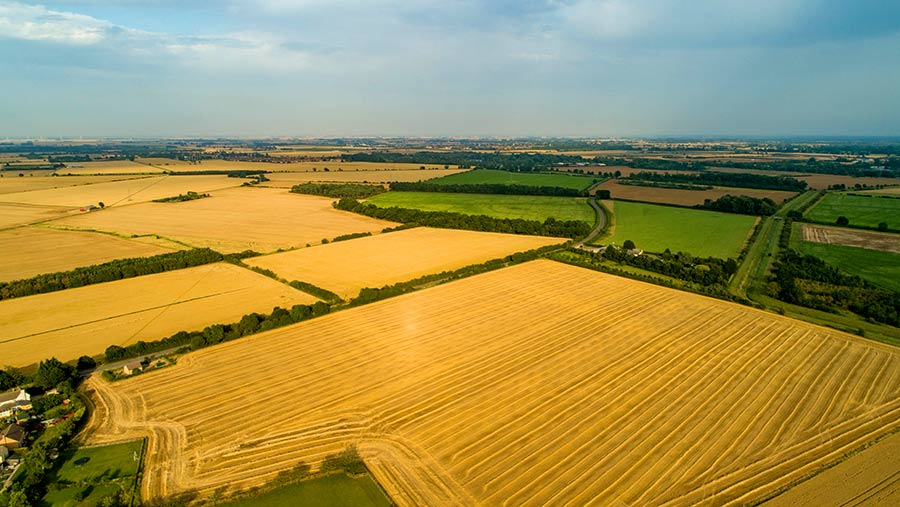Opinion: Time to reconsider the benefits of farming’s tax reliefs
 © Tim Scrivener
© Tim Scrivener What are we farmers supposed to make of last week’s extraordinary £600bn “Boris boosterism” Budget?
Initial reaction in our industry seemed to be one of relief that farming’s three most cherished tax reliefs survived, despite worries that they might all be done away with. I refer, of course, to red diesel duty relief, agricultural property relief (APR) for inheritance tax (IHT) and capital gains tax (CGT) rollover relief.
See also: Borrowing to buy land – what to consider
While we all wait for electric tractors to be developed, the retention of agriculture’s red diesel duty relief seems like a good idea, given the impossibly tight profit margins we all currently work with.
But what about the other two tax reliefs? As farmers, are we sure that we should be celebrating the fact that APR and rollover have remained in place?
If it’s low-cost food production that concerns us, rather than our net capital worth or ability to hand on that wealth to our heirs, there are strong arguments to be made for abolishing or capping these reliefs.
If it’s not farmers seeking rollover relief, then it’s just as often wealthy non-farmers seeking shelter from IHT that drives land prices up
According to land agent Savills, the average value of UK farmland nearly trebled from £2,800/acre in 2000 to more than £8,300/acre by 2014 and has declined only slightly since then.
We must all be painfully aware that the profit to be made from food production declined over that time, so it has to be the case that it is non-farming factors that are supporting the price of land at such absurdly high levels.
Low interest rates certainly help push up the value of all capital assets, and farmland is no exception to that. But it is tax reliefs that have really driven up UK farmland prices.
As a land agent in Kent said to me recently: “When the rollover boys get involved, prices can go through the roof.”
Similarly, I asked another agent how farmland prices were holding up in the face of the negative effect of Brexit and he replied: “We recently guided an estate at £7m and quickly sold it to a rollover buyer for £14m. Does that answer your question?”
If it’s not farmers seeking rollover relief, then it’s just as often wealthy non-farmers seeking shelter from IHT that drives land prices up.
Perhaps none of this would matter much, were it not for the negative effect high land prices have on the ability of young people to gain a toehold in our industry.
Absurdly high farmland prices make it impossible for them to purchase land, and concerns about how let land will be treated for APR and CGT rollover make it difficult to find tenanted opportunities.
Even where farm tenancies do arise, rents tend to be absurdly high due to their scarcity value, and landlords feel justified in demanding very high rents to achieve even a modest return on their capital.
Such arguments seem to have passed the chancellor Rishi Sunak by, for now. But with public spending likely to run out of control during a coronavirus-induced recession, he might well be back to examine farming’s special tax exemptions in due course.
I own a few acres of farmland myself and any drop in land values due to withdrawal of tax reliefs would feel unpleasant.
But, trying to be objective about it, we cannot continue to support tax policies that so distort the value of the key asset required to produce food.
